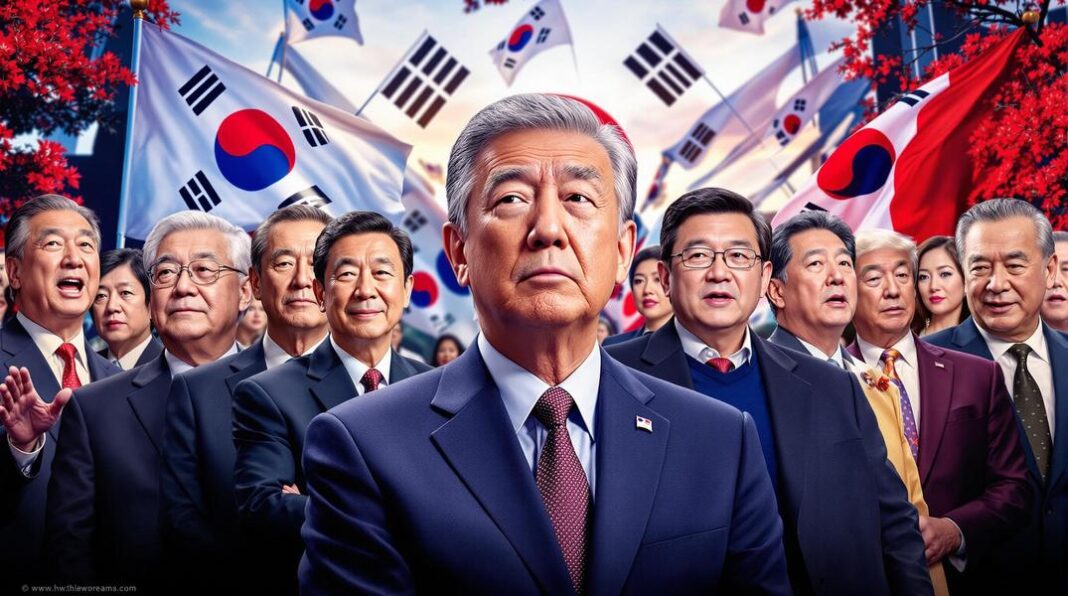South Korea’s presidential election has been dramatically rescheduled to June 3, 2025, following the unprecedented impeachment and removal of President Yoon Suk Yeol, marking a critical turning point in the nation’s political landscape.
The snap election comes nearly two years ahead of the original 2027 date, throwing the country into an unexpected campaign season. This represents the first presidential election outside the regular five-year cycle since the establishment of South Korea’s Sixth Republic.
Opposition leader Lee Jae-myung has emerged as the frontrunner, commanding approximately 38% support in recent Gallup polls. But his path to the presidency isn’t without complications.
“Lee Jae-myung is a polarizing figure,” said Kang Won-taek, professor of political science and international studies at Seoul National University. “Without inclusive politics, the next administration may face renewed political conflict.”
Meanwhile, Acting President Han Duck-soo has yet to declare his candidacy. The current interim leader is viewed by some conservative factions as a potential candidate who could garner broad appeal across political divides.
Political analysts suggest Han’s experience as acting president during this turbulent transition period could either strengthen or undermine his position, should he choose to run.
With just weeks remaining before the election, South Korean voters face a consequential choice that will determine how the country navigates its political future after an unprecedented constitutional crisis.


